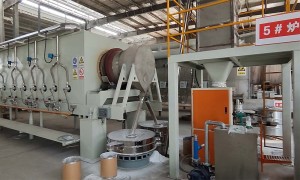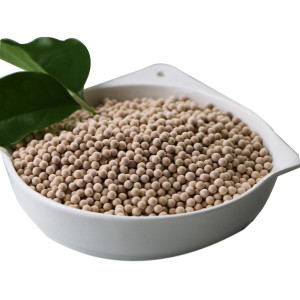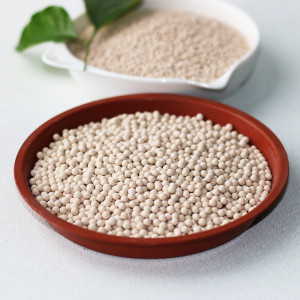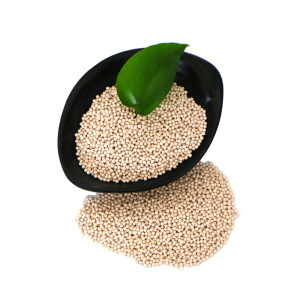Molecular Sieves as Catalyst Carrier
Due to their unique pore structure, tunable acidity and hydrophobicity, as well as excellent thermal and hydrothermal stability, molecular sieves serve as ideal catalyst carriers.
Molecular sieves, acting as catalyst carriers, have a variety of industrial applications, including but not limited to the following areas:
Petroleum Refining: Molecular sieves are widely used as catalyst carriers in the fluid catalytic cracking (FCC) process to improve the octane rating and yield of gasoline.
Environmental Chemical Engineering: Molecular sieves are used for the removal of pollutants, such as the catalytic conversion of volatile organic compounds (VOCs) and nitrogen oxides (NOx).
Fine Chemicals: In the field of fine chemicals, molecular sieve catalysts are used for specific chemical reactions to enhance product selectivity and yield.
Aromatization and Oxidation Reactions: Metallosilicate molecular sieves have achieved great success in reactions such as aromatization and oxidation.
Olefin and Xylene Isomerization: Non-zeolite phosphoaluminate molecular sieves exhibit high-selectivity catalysis in reactions like olefin isomerization and xylene isomerization.
Methanol to Olefins: Molecular sieve catalysts are applied in the methanol-to-olefins (MTO) process to convert methanol into valuable chemical feedstocks.
Methane Oxidative Coupling: Molecular sieve catalysts are also used for the partial oxidation of methane to produce synthesis gas and hydrogen.
Biofuel Production: Molecular sieve bifunctional catalysts efficiently produce pentanoic biofuels from the cellulose-derived platform molecule ethyl acetate in a solvent-free system.
Selective Oxidation: TS-1 molecular sieve is a unique catalyst for liquid-phase selective oxidation reactions, known for its high activity and selectivity.
Industrial Catalysis: Molecular sieve catalysts are utilized in various chemical reactions in industrial catalysis to improve reaction efficiency and product selectivity.
Due to their unique pore structure, tunable acidity and hydrophobicity, as well as excellent thermal and hydrothermal stability, molecular sieves serve as ideal catalyst carriers. As the synthesis and modification techniques of molecular sieves continue to advance, their applications in the field of catalysis will continue to expand.





